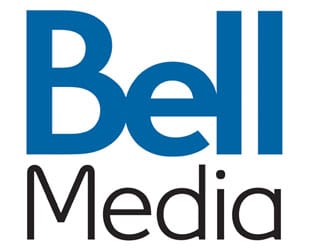The Television Licensure Working Group filed an informal objection against the license renewal of Belo Corp.'s WHAS-TV in Louisville (as well as a non-commercial station). One body of complaint concerned the station's programming – the group claims that all Louisville television stations 'are seriously lacking in their coverage of crucial local issues." In their attempts to pursue these issues with the stations themselves, TLWG was apparently taken aback when it learned that "no copies of information contained in the public files could leave the studio." Not so, says Belo. No documents may leave the premises, it said, but "…it is not the station's policy to prohibit visitors from asking for and receiving copies."
The rule on copies is that they must be provided on request, if the request is made in person. TLWG did not produce evidence that it was denied the opportunity to get copies, and Belo said it was policy to provide them. The matter was written off as a misunderstanding, and suggested to all licensees that they "clearly communicate their obligations under the public file rule to members of the public."
As for the content challenge, the FCC said there was no evidence before it that suggested that WHAS was failing to serve the public interest, and even if their were, licensees have wide discretion in how they go about that task, and the FCC has little oversight authority.
SmartMedia observation: We don't know if this is a side effect of the public interest which was whipped up over the latest stalled FCC attempts at deregulation, but it does seem that we're seeing an increased flow of license challenges. We haven't seen one come close to succeeding, but it seems like license challenges may be edging toward trend status, on their way to fact of life status. An immediate effect may be throwing a roadblock in front of attempts to do away with the public file.




